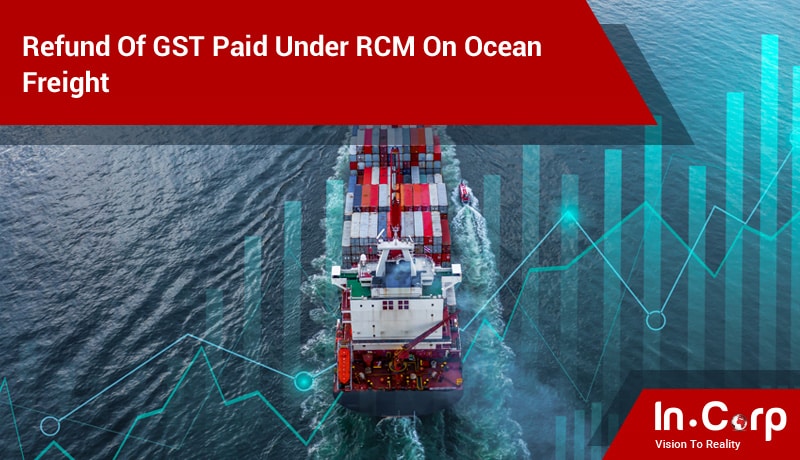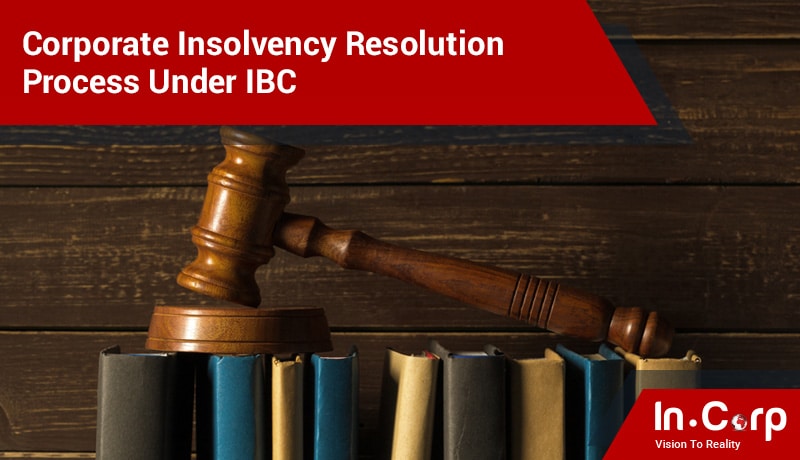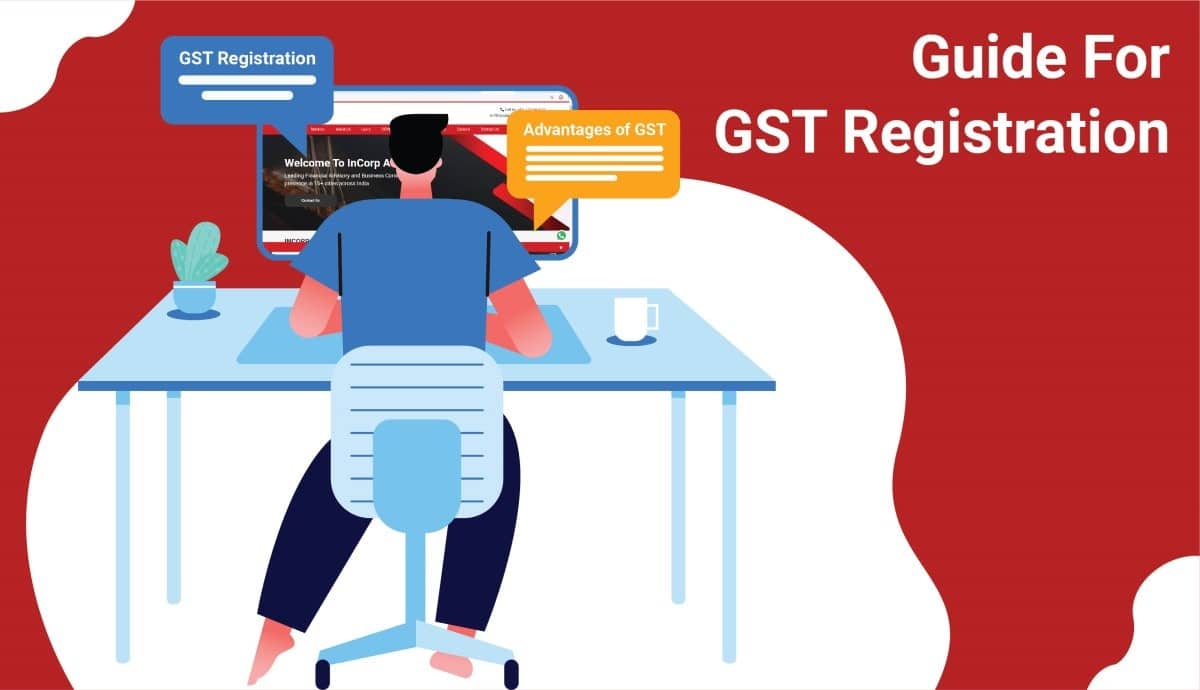The Reverse Charge Mechanism (RCM) is a system of taxation where the liability to pay tax is shifted from the supplier of goods or services to the recipient of such goods or services. In a regular taxation system, the supplier is responsible for collecting and remitting the tax to the government. However, under RCM, the recipient becomes liable to pay the tax directly to the government, effectively reversing the charge.
In the case of ocean freight services, the RCM comes into play when the services are provided by a person located outside the country, and the recipient of the services is a registered taxpayer in the country. In other words, when a registered importer receives ocean freight services from a foreign service provider, they become liable to pay the applicable GST on the ocean freight charges. This shifts the tax liability from the foreign service provider to the importer, reversing the charge.
Table Of Contents
Landmark Judgement
Refund Of RCM Paid On Ocean Freight
Refund Process For GST RCM On Ocean Freight
Conclusion
Prior to the enforcement of the Goods and Services Tax regime, service tax on ocean freight was exempted. However, this exemption was withdrawn by Notification No. 01/2017-ST dated 12/01/2017 which levied service tax on the importer, by a reverse charge mechanism.
In the GST regime, IGST was levied @ 5% on the supply of specified services, including transportation of goods, in a vessel from a place outside India up to the customs station of clearance in India.
Further, according to RCM Notification under GST, in the case of imports made by sea where the supplier outside the taxable territory has paid the freight amount to the liner outside India, the importer in India is responsible for paying the Integrated Goods and Services Tax (IGST) under the Reverse Charge Mechanism (RCM) on a CIF (Cost, Insurance, and Freight) basis.
RCM IGST is be calculated at 5% on actual freight value. However, If the actual freight value is not available, then taxpayer is liable to pay RCM IGST 5% on the deemed value of freight, that is 10% of CIF value of such imported goods.
Landmark Judgement
The landmark judgement of M/s Mohit Minerals Private Limited has brought a significant change in the law of RCM on Ocean Freight on CIF basis. Let us analyse the case law in detail:
M/s Mohit Minerals Private Limited is engaged in the imports of non-coking coal from U.S., South Africa and Indonesia by ocean transport on a ‘CIF’ basis. The company subsequently supplies the imported coal to domestic industries. The goods are transported by sea route from foreign port. During the import process, customs duties are paid on entire value, which encompass the value of ocean freight as well. Under a CIF contract, the foreign shipping line issues the freight invoice directly to the foreign exporter, without the importer’s direct involvement.
IGST is levied on goods imported into India on the value determined u/s 3 of the Customs Tariff Act 1975 at the point when customs duties are levied on the goods u/s 12 of the Customs Act 1962. Section 11 of the IGST Act specifies that the place of supply for goods imported into India is determined as the location of the importer. Additionally, Section 13(9) of the IGST Act states that the place of supply for services related to the transportation of goods is deemed to be the destination of the goods.
The Company challenged the impugned notifications that it created an element of double taxation. Ocean freight is included in the value of goods for the purpose of calculation of customs duty payable and he is also liable to pay RCM on deemed freight portion. It does not dispute the liability of IGST on supply of service of transportation when it imports goods on an FOB basis.
The company filed a writ petition with the Gujarat High Court, challenging the constitutionality of Notification 8/2017 and Notification 10/2017. The petition argued that these notifications are ultra vires and result in double taxation. The Division Bench of the Gujarat High Court ruled in favour of the company, declaring the notifications unconstitutional as they exceeded the powers granted by the Act.
The Union of India presented the argument that despite the foreign shipping line and foreign exporter being located outside the territory of India, the service provided is intended for the Indian importer. As a result, the consumption and utilization of the service, which hold crucial significance both commercially and legally, occur solely in the hands of the Indian importer. Therefore, the Indian importer must be taxed under the reverse charge mechanism as the service is consumed within India. Additionally, the Union of India emphasized that the CIF transaction and RCM IGST on ocean freight are separate and distinct transactions, each subject to their respective levies, and should not be considered as overlapping.
However, the company countered the argument that in case of CIF contracts, the customer contracts for a supply of delivered goods at the port of destination. The contract for the transportation of goods is established between the foreign exporter and the foreign shipper. Consequently, the party responsible for paying the consideration to the foreign shipper is the foreign exporter. The importer of goods in India is not the person liable to pay the consideration, and is thus, not the ‘recipient’ of the service and thereby not liable to pay RCM on such service.
Finally, the Hon’ble Supreme Court on 19/05/2022 held that:
- The import of goods under a CIF (Cost, Insurance, and Freight) contract falls under the category of “inter-state” supply, making it eligible for IGST (Integrated Goods and Services Tax) when the importer becomes the recipient of shipping services.
- Since the Indian importer is already liable to pay IGST on the entire “composite supply,” which includes the supply of goods as well as the services of transportation, insurance, etc., imposing an additional Reverse Charge Mechanism (RCM) levy on the importer for the “supply of services” would violate the provisions of the GST Act.
Further, on 04/11/2022, the CBIC Board decided not to file any Review Petition against the order, thereby affirming the decision of the supreme court to not levy RCM on Ocean Freight on CIF basis.
Refund of RCM paid on Ocean Freight
Since the law itself has been challenged and declared ultra vires of the Act, what happens to the RCM paid on Ocean Freight from the inception of the GST Act till the verdict. Whether we can claim refund of the Output RCM or not. It all depends upon the situation as described under:
- Taxpayers, who have paid Output RCM on Ocean freight, claimed corresponding Input Tax Credit and even utilized the whole Input tax credit, will not be eligible for any refund for the given judgement.
- However, if the taxpayer has paid Output RCM on Ocean freight but not utilized entire input tax credit till today, then such balance in GST credit ledger can be applied for refund.
Even in the case where the taxpayer has paid entire Output RCM on Ocean freight but not claimed input tax credit at all, then in such case as well such tax was excess paid to the government and can now be applied for refund.
Refund Process for GST RCM on Ocean Freight
The refund process for GST RCM on ocean freight can be summarized as follows:
Eligibility:
To claim a refund, the recipient of the services (importer) must be a registered taxpayer under the GST regime. He should have paid the RCM and not claimed Input Tax Credit or not utilized Input Tax Credit till the date of refund.
Documentation:
The importer should maintain proper documentation to support the claim for refund. This includes the invoice issued by the foreign service provider, the shipping bill, and any other relevant documents related to the import transaction.
Filing the Refund Application:
The importer needs to file a refund application in the prescribed format, typically online through the GST portal. The application should include details of the import transaction, such as the shipping bill number, date of import, and amount of tax paid under RCM.
Verification and Processing:
Upon receipt of the refund application, the tax authorities will verify the supporting documents and the accuracy of the claim. They may request for further information or clarification, as they may seek it necessary. Once satisfied, the authorities will process the refund.
Refund Disbursement:
The approved refund amount will be disbursed to the importer’s designated bank account through the Electronic Fund Transfer (EFT) system.
Conclusion
RCM on Ocean Freight has been a litigative topic since the inception of GST. After landmark judgement of Supreme Court, the law has been clarified and there has been way out for refund procedure. Understanding the refund process for GST RCM on ocean freight is essential for Importers. It enables importers to navigate the complexities of taxation, comply with GST regulations, and ensure efficient management of their working capital. By comprehending the eligibility criteria, documentation requirements, and necessary steps involved in the refund process, businesses can maximize their refund entitlements and maintain transparency in their tax compliance.



